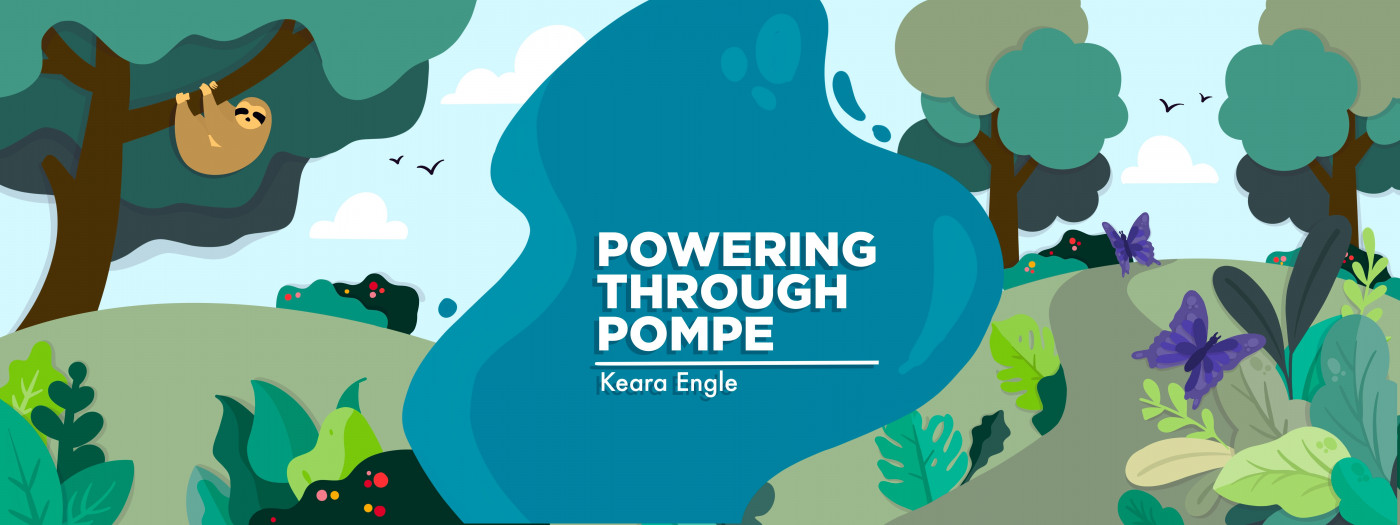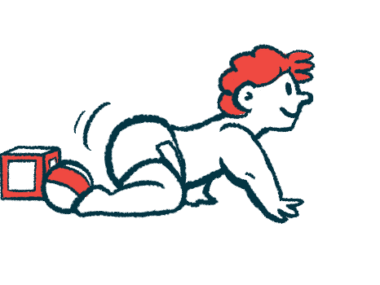Explaining Pompe disease to my son’s kindergarten class
A presentation tied to Rare Disease Day proves exciting and challenging
Written by |

My 6-year-old son, Cayden, and I plan to put together a small presentation about his infantile-onset Pompe disease for his kindergarten class later this week, in recognition of Rare Disease Day on Feb. 29. Unfortunately, he’ll have to miss school that day because he’s scheduled to get his biweekly enzyme replacement infusion, so he must stay at home.
That’s no problem, though. We’re used to changing and adapting our lives because of his condition. In this case, we’re adjusting by presenting to his class a day earlier.
I reached out to Cayden’s teacher with our request, letting her know that we’d like to celebrate Rare Disease Day by telling the class a little about Pompe disease and our journey. Thankfully, she agreed to our plan and was excited to make it happen.
I’m sure by now, his classmates have noticed Cayden’s differences, and I’ll bet they’re curious. He uses a wheelchair to get around in school, for instance, and he can’t eat the same school lunch that the other kids have. Instead, he’s fed via a gastrostomy tube (G-tube), and to make him a bit more comfortable, he has his lunch administered in the nurse’s office. Cayden also has his own personal registered nurse who attends school with him every day.
I’ve put together a kid-friendly slideshow to explain Pompe disease to his class, including pictures of Cayden on his feet in his stander because these children have never seen him do that. Seeing him stand should be pretty cool for them!
After the presentation, I want to give the kids an opportunity to ask questions, as I know young minds can be curious. I want my answers to give them new knowledge about Pompe disease, things they haven’t heard before.
Exciting, yes, but challenging, too
I’m a bit nervous, as this is something I’ve never done. I write this column every week, of course, and I know an audience reads it. But presenting what I have to say in person is entirely different. On top of that, I have to explain everything in a way the children will understand, which can be difficult since Pompe disease is so complex.
As of this column’s publication, tomorrow is the big day, and I’m anxious to see how it goes. Cayden is excited to teach his friends about his rare disease. I’ll always allow him to use his voice to educate others, as long as that’s something he wants to do. I’m so proud of him for being willing to do something so meaningful at such a young age!
Cayden continues to impress me each and every day. Years ago, I wasn’t sure if my son would even be alive to make it to elementary school. Now, we have plans to educate his entire class about his disease. It’s such a bittersweet feeling, but it’s one I’ll never get tired of.
Note: Pompe Disease News is strictly a news and information website about the disease. It does not provide medical advice, diagnosis, or treatment. This content is not intended to be a substitute for professional medical advice, diagnosis, or treatment. Always seek the advice of your physician or other qualified health provider with any questions you may have regarding a medical condition. Never disregard professional medical advice or delay in seeking it because of something you have read on this website. The opinions expressed in this column are not those of Pompe Disease News or its parent company, Bionews, and are intended to spark discussion about issues pertaining to Pompe disease.




Leave a comment
Fill in the required fields to post. Your email address will not be published.